-
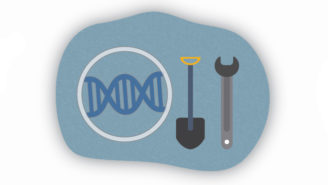 © BioMedX
BioMedX
© BioMedX
BioMedXHacking DNA Repair to Combat Cancer
Dr. Balca Mardin and her team of eight junior researchers at BioMedX in Heidelberg are investigating how drugs can target specific DNA repair pathways to prevent cancer.
-
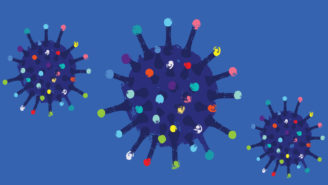
German Innovation Tackles COVID-19
The world is waiting for a breakthrough vaccine against COVID-19. The German biotechs CureVac and BioNTech are among the companies leading these efforts.
-
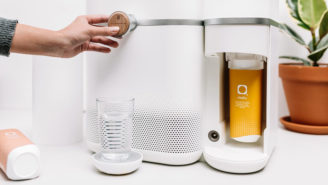 Mitte
MitteDrinking Water Inspired by Nature
In 2015, the two Mitte founders Moritz Waldstein and Faebian Bastiman committed to enhancing the potential of water as an essential source of minerals for the human body.
-
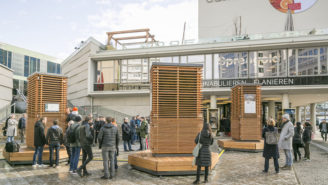 © Green City Solutions
Green City Solutions
© Green City Solutions
Green City SolutionsThe Budding Tech of the City Tree
To promote healthier cities and cleaner air, friends Peter Sänger and Liang Wu founded Green City Solutions in 2014.
-
 © Sono Motors
Sono Motors
© Sono Motors
Sono MotorsThe Electric Car That Charges Itself
Founded in 2016 in Munich by Laurin Hahn and Jona Christians, Sono Motors aims to produce the first electric car that charges itself through the power of the sun. The Sion is a spacious electric car with a battery range of up to 250 kilometers (~155 miles) that charges itself through solar power.
-

Response to COVID-19 Pandemic
To respect the health of our employees and those they come in contact with, the DWIH New York has elected to switch completely to home office until further notice, but our work continues!
-
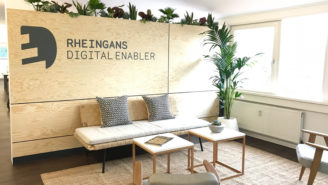 Rheingans Digital Enabler
Rheingans Digital EnablerTipping the Scales of the Work-Life Balance
In 2017 the Chief Officer of Bielefeld’s Rheingans Digital Enabler, a consulting agency focusing on digitalization, trimmed employees’ workdays from eight hours to five. How did that experiment go?
- DWIH New York
- Topics
- Network
- Research & Innovation
- Activities
- Annual Reports
